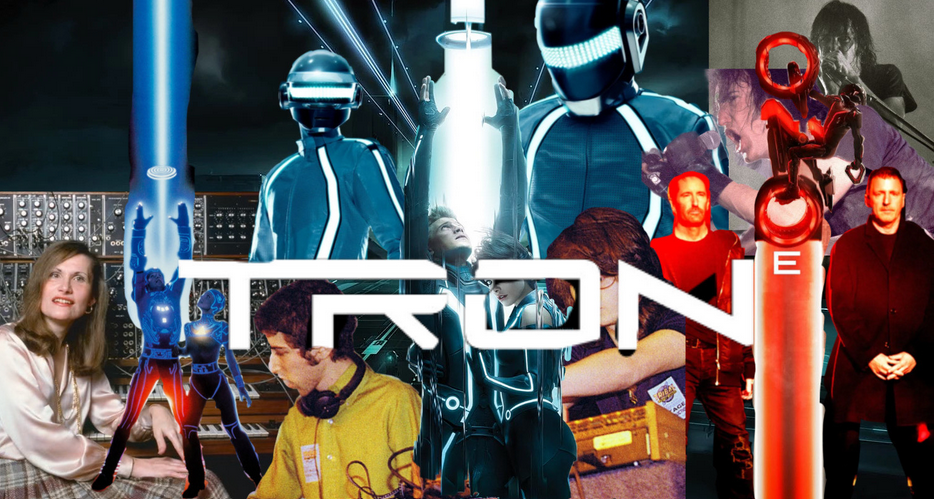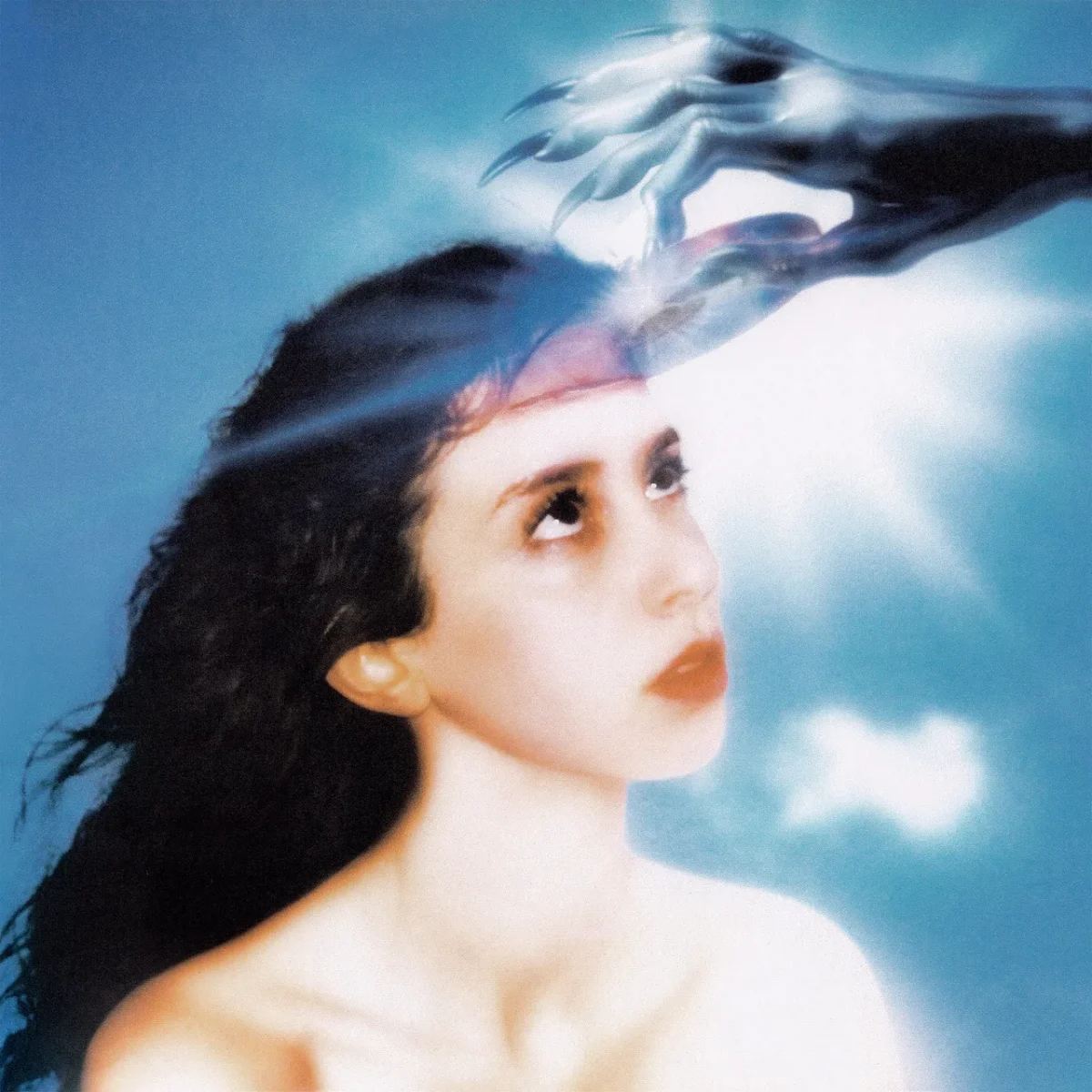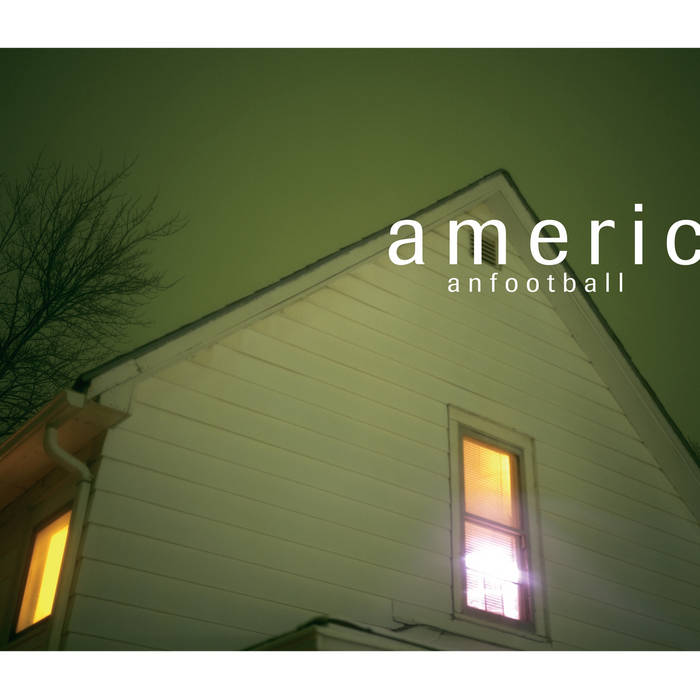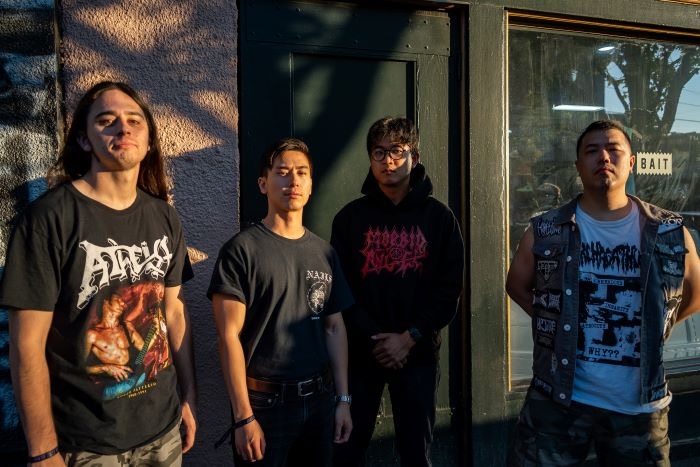In 1982, a mindblowing film by the name of TRON graced the big screens, many technological advancements were made to bring it to life, to realize it’s plot of humans entering an advanced digital world. Not only did the visuals mirror its futuristic plot, but so did the music. Aside from its contributions to cinema as a whole, Disney’s TRON, which would eventually evolve into a franchise, happened to feature musical scores from some of the most important musicians of their generations, creating increasingly futuristic sounds to mirror its visual identity and specifically innovative voices within electronic music production.
Wendy Carlos was a classically trained composer, who would be an early adopter of electronic music composition. She became a close collaborator with engineer Robert Moog, providing him with input and collaboration on his devices, which would eventually become the Moog Synthesizer, the first commercial synthesizer, which has gone on to reshape music as we know it. Using the Moog synthesizer, Carlos recorded the album Switched on Bach, a collection of works by Johann Sebastian Bach, performed on a Moog Synthesizer. A painstaking process at the time, this album took 5 months to record, upwards of 800 hours total, and would help to define the synthesizer as a serious instrument, going on to win a Grammy in 1970.
Carlos’s film scoring career also included collaborations with Stanley Kubrick, A Clockwork Orange and The Shining before concluding with Tron. Both of which featured unique methods of sound design, and blends of synthesis and classical orchestral elements in unique ways, including an early use of a vocoder on A Clockwork Orange, confirmed by Kurt B. Reighley in messages with Carlos (a device that modulates a signal using the human voice as an input, which would go on to be used across genres like funk and hiphop). All of this leading to Tron, the last film Carlos scored, while maybe her least notable, still pushed the boundaries of what could be done with music in film, from its exploration of synthesis and traditional instruments to dynamic rhythmic structures that you would least expect.
Out of the 90’s, were the next two musicians who would go on to work on a TRON soundtrack, Daft Punk, innovators of the french house genre. A genre which makes prominent use of samples, as well as analog synthesis. The musical duo would become household names, and easily recognizable, taking on robot personas for their visuals. For Tron Legacy, Daft Punk moved away from the french house sound they were known for, replacing their usual sampling with melodic synth passages, interwoven with traditional symphonic elements you would expect to hear in a film score (much of this orchestrated by Joseph Trapanese).
While I wouldn’t say the soundscape in Daft Punk’s Tron Legacy soundtrack is exactly groundbreaking, it is a great sum of its parts, and just an all around good electronic album. The atmospheric synth passages that intertwine with orchestral elements on some songs, and the more action oriented pieces with pounding kick drums and catchy fast paced synth melodies.
Daft Punk is responsible for multiple mega-hit dance songs, such as One More Time and Around the World. Making use of repetitive samples, four on the floor 909 drums, catchy vocoder vocal melodies, and pumping funk basslines. This era of mid-90’s/early-2000’s Daft punk was almost definitely their most influential, with practically every notable electronic music producer of the past 20 years citing them as a key inspiration. In their later years the duo would stumble into a few more “mega hits” collaborating with Pharrell Williams on Get Lucky and The Weeknd with I Feel it Coming and Starboy (Spotify’s 3rd most streamed song of all time). The duo also had notable contributions to Kanye West’s Yeezus, an influential album in its own right, even if slightly tarnished by West’s legacy, remains a strange hard-hitting industrial hip-hop record.
One of the most influential artists to leave a mark on modern music is known as the “Nine Inch Nails”, the brainchild of a man named Trent Reznor, a one-man-band formed in 1987, along with a few frequent collaborators of his. Nine Inch Nails (often abbreviated to NIN) has been a solo project (until recently). NIN are known as innovators, and partly responsible for the popularity of industrial music. A staple of 90’s counter culture, the band/project’s sound; a combination of everything alternative, from punk to metal to EDM. NIN’s influence stretches all throughout music, electronic artist Deadmau5 said in an interview with Dancing Astronaut that they were what got him curious about music. Their influence stretches all over the board, from Linkin Park to Carly Rae Jepsen.
Much of Nine Inch Nail’s notable music came from their sophomore album The Downward Spiral, such as the extremely catchy, yet industrial Closer. And the song Hurt, an emotional piano ballad that still manages to incorporate harsh industrial elements, with incredible songwriting. Country singer Johnny Cash covered Hurt, a cover which would go on to become one of the long working singer’s most popular songs, considered to be his farewell song of sorts, as the lyrics, although originally written by Reznor, managed to mirror Cash’s life beautifully.
On July 17th, 2025, the first single off the TRON: Ares soundtrack released, the next upcoming release in the TRON franchise, to be scored by Nine Inch Nails. This single titled As Alive As You Need Me To Be is a dance pop song with slight industrial elements. Full of analog synthesizers, pulsating 909 drum sounds, clean vocals by Trent Reznor himself, and some vocoder flourishes (almost like calling back to previous Tron composers, Daft Punk). This song takes from musical inspirations from both the past and the present, mirroring the retrofuturistic aesthetic the film seems to embody. And moving further in the future, away from the past scores which incorporated orchestral elements, Trent Reznor stated in an interview with Empire Magazine “there’s not one second of orchestra in our score.”
Tron Ares is a film that is yet to be released, Nine Inch Nails’ score released September 19th, 2025. Continuing the legacy of influential musicians to work within this universe. Maybe it was fate, an intentional choice from the creatives involved each time, or some kind of biodigital jazz. One thing to be sure about is that every musician to work on this franchise has been wildly influential on music as a whole, and I think it’s an interesting phenomenon to behold.












